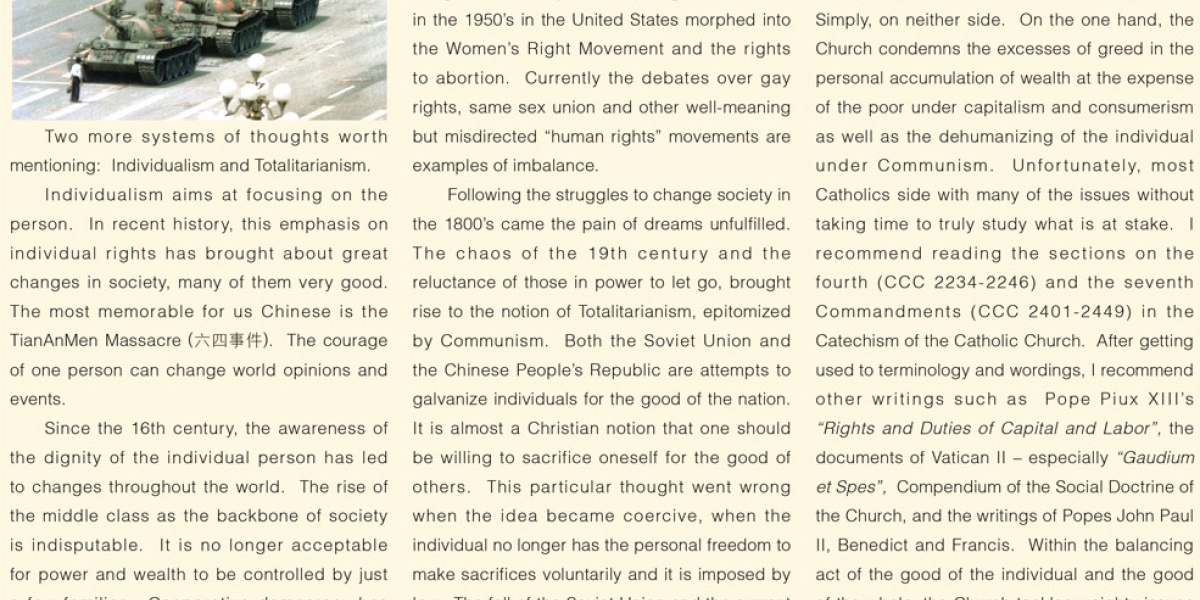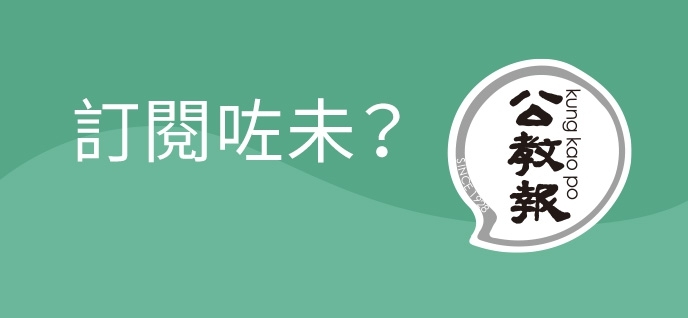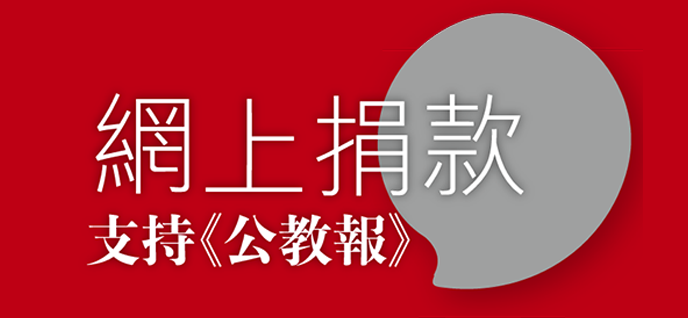
Individualism(個人主義)﹠ Totalitarianism(極權主義)
Two more systems of thoughts worth mentioning: Individualism and Totalitarianism.
Individualism aims at focusing on the person. In recent history, this emphasis on individual rights has brought about great changes in society, many of them very good. The most memorable for us Chinese is the TianAnMen Massacre (六四事件). The courage of one person can change world opinions and events.
Since the 16th century, the awareness of the dignity of the individual person has led to changes throughout the world. The rise of the middle class as the backbone of society is indisputable. It is no longer acceptable for power and wealth to be controlled by just a few families. Cooperative democracy has been the moving force everywhere throughout the world for the last two hundred years. This is particularly evident in both the American and the French Revolutions. It has brought about great moments of heroism and beauty of personal virtue.
This ideology came to an abrupt end in the 1960’s when personhood became lopsided. Personal rights rose above the consideration for the good of society. The Civil Rights Movement in the 1950’s in the United States morphed into the Women’s Right Movement and the rights to abortion. Currently the debates over gay rights, same sex union and other well-meaning but misdirected “human rights” movements are examples of imbalance.
Following the struggles to change society in the 1800’s came the pain of dreams unfulfilled. The chaos of the 19th century and the reluctance of those in power to let go, brought rise to the notion of Totalitarianism, epitomized by Communism. Both the Soviet Union and the Chinese People’s Republic are attempts to galvanize individuals for the good of the nation. It is almost a Christian notion that one should be willing to sacrifice oneself for the good of others. This particular thought went wrong when the idea became coercive, when the individual no longer has the personal freedom to make sacrifices voluntarily and it is imposed by law. The fall of the Soviet Union and the current experimentations in the economics of China show how Totalitarianism fails. As a philosophy, it stifles individual dignity and the enthusiasm for self improvement. Yet, whenever there is an unreasonable imbalance of wealth, the same ideas rise up again to justify government central power, all in the name of helping the poor. This is partly the struggle currently in the United States over universal health care.
Where does the Church stand on this? Simply, on neither side. On the one hand, the Church condemns the excesses of greed in the personal accumulation of wealth at the expense of the poor under capitalism and consumerism as well as the dehumanizing of the individual under Communism. Unfortunately, most Catholics side with many of the issues without taking time to truly study what is at stake. I recommend reading the sections on the fourth (CCC 2234-2246) and the seventh Commandments (CCC 2401-2449) in the Catechism of the Catholic Church. After getting used to terminology and wordings, I recommend other wr i t ings such as Pope Piux XI I I ’s “Rights and Duties of Capital and Labor”, the documents of Vatican II – especially “Gaudium et Spes”, Compendium of the Social Doctrine of the Church, and the writings of Popes John Paul II, Benedict and Francis. Within the balancing act of the good of the individual and the good of the whole, the Church tackles weighty issues like just wage, right to work, ecology, human trafficking, economic slavery, and so on.
Happy reading.






